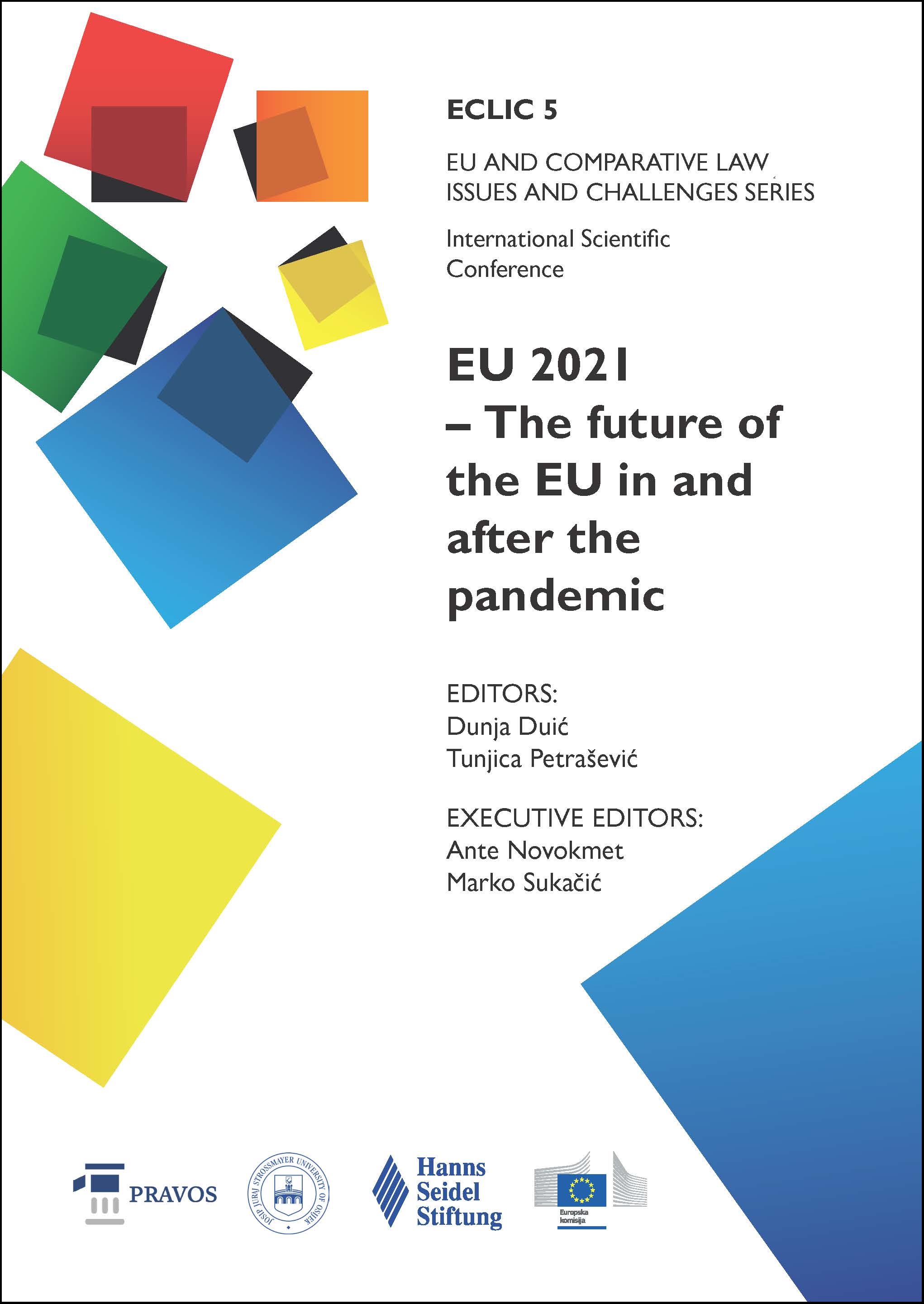VIDEOCONFERENCE HEARINGS AFTER THE TIMES OF PANDEMIC
DOI:
https://doi.org/10.25234/eclic/18316Abstract
The sanitary crisis of the Covid-19 pandemic resulted in several changes in the way courts communicate, can be reached and handle cases. The so-called videoconferencing became one of the accepted ways of the hearings. This kind of videoconferencing took place on online videoconference solutions, which differ a lot from the conventional videoconference systems. After the exceptional situation, it remained a question whether the digital revolution of court proceedings had arrived or the use of videoconferencing should remain an exceptional instrument. The application of a videoconference system is the subject of the right to a fair trial, in this regard it has been contested by the European Court of Human Rights in several cases. This case law stated several expectations and reveals many aspects, which have to be applied to the online videoconference solutions. On the other hand, the wider use of legal tech instruments is the subject of the political will. The political support is crystallizing within the EU, whose right to act is limited. The interim measures which were introduced under the emergency law regimes on national level show a number of experiences on how the continuous and legally founded functioning of the justice system can be ensured, for example by the use of online video hearings. The balance between the effectivity and the legality is a crucial question. Upon the above-mentioned sources, the paper introduces the differences of the two methods of videoconferencing. It examines the legal requirements, details the experiences and shows the opportunities of the use of videoconference systems and online videoconference solutions in civil cases. The use of videoconference in civil hearings can be an instrument conforming to procedural right. The general application of videoconference, especially the online solution lowers the threshold to access the justice, accelerates the procedures, ensures social distancing, but requires both legal and technical preparedness.
Downloads
Published
How to Cite
Issue
Section
License
Copyright (c) 2021 Gábor Fekete

This work is licensed under a Creative Commons Attribution-NonCommercial 4.0 International License.
Authors retain the copyright on the papers published in the Journal, but grant the right of first publication to the Journal. Papers accepted for publication or already published in ECLIC of the Faculty of Law in Osijek may be published by the author(s) in other publications only with proper notice of its previous publication in ECLIC.


